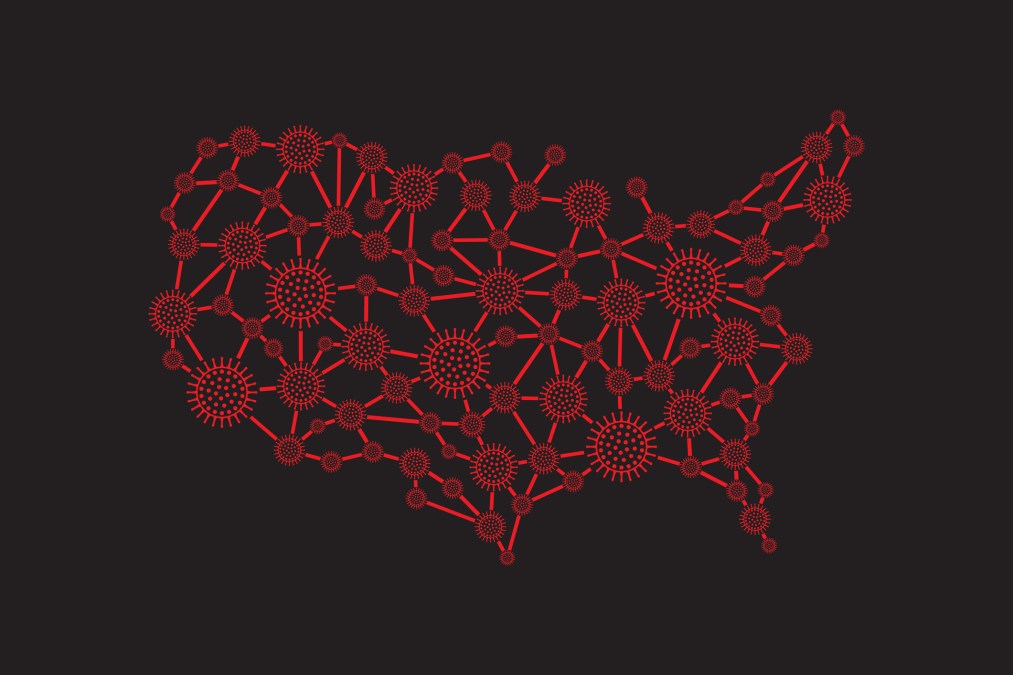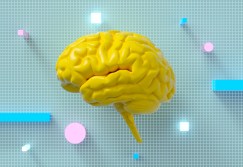U. North Texas students model COVID-19 spread using AI

Students at the University of North Texas are competing in a global competition to predict the spread of COVID-19 using artificial intelligence, the university announced last week.
As part of the COVID-19 Global Forecasting challenge, hosted by Kaggle, an online community for data science and artificial intelligence, 30 teams of UNT students have used real-world data to design AI prediction models in an attempt to forecast the number of infections and fatalities related to the pandemic, giving students a new opportunity to apply their skills and help solve a real-world problem.
The students, who are all currently taking artificial intelligence classes at UNT, had to analyze available data and develop a general mathematical model that could be applied to every country and make predictions about the spread of COVID-19. These models were submitted in April and are now being tested to determine how closely their predictions match reality.
The competition received submissions from more than 400 teams around the world, which are ranked on a competition leaderboard.
“Competitions like this provide a clear sense of achievement that tests and quizzes don’t,” Mark Albert, an assistant professor of AI at UNT, said in a press release. “Instead of an instructor grading right versus wrong, you have a score telling you how good your predictions are, and the better your model the better the score.”
Abolfazl Meyarian and Havish Nallapareddy, two UNT students who participated in the competition, said they were excited to be part of the challenge not only to apply what they learned in class to a real, global issue, but also because they both feel science can bring solutions that provide hope in a crisis.
In addition to the COVID-19 Global Forecasting challenge, Kaggle is hosting a variety of global competitions to help understand COVID-19. Others include predicting unit sales for large department stores, predicting housing prices and predicting which tweets in a given set are about real disasters and which are not.




